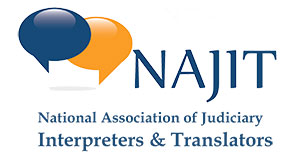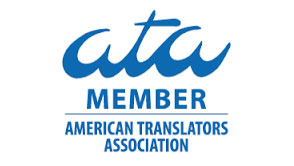LEGAL INTERPRETING
Certified interpreters specializing in trials, hearings, depositions, legal document and transcript translation, and more.
EVENT & CONFERENCE INTERPRETING
Conference interpreters, consulting, and interpreting equipment for event managers and organizers of all types of events, meetings, and conferences.
TRANSLATION
Translators for documents, websites, audio and video transcription and translation, voiceovers, market localization and cultural consulting, and more.
Legal Interpreters
“We are impartial officers of the court, trained to provide the highest quality interpreting and translation services that are recognized, approved and certified by the Ohio courts.”
Welcome to Certified Interpreters United
We are a professional services organization focused on delivering superior judiciary interpreting and translation.
As certified court interpreters, it is our duty to act as a medium and serve as a seamless conduit between non-English speakers and English-speaking officials in legal forums.
As impartial officers of the court, interpreters must act strictly in the interest of the court, as our duty is to the judicial process rather than to any particular party or person involved in the case.
 A judiciary interpreter must have a superior, unquestionable command of at least two languages, and must be able to manipulate registers from the most formal varieties to the most casual forms, including slang. The court interpreter’s vocabulary must be of considerable depth and transcend dialects to support the wide variety of subjects and language that may arise in the judicial process.
A judiciary interpreter must have a superior, unquestionable command of at least two languages, and must be able to manipulate registers from the most formal varieties to the most casual forms, including slang. The court interpreter’s vocabulary must be of considerable depth and transcend dialects to support the wide variety of subjects and language that may arise in the judicial process.
At the same time, the court interpreter must have the ability to orchestrate all of these linguistic tasks while interpreting in the simultaneous and consecutive and interpreting modes for persons speaking at rates of 200 words or more per minute! In cases involving limited and non-English proficient defendants, the role of the judiciary interpreter is as vital as that of the prosecuting and defense counsel.
As impartial officers of the court, we judiciary interpreters conduct ourselves in a professional manner at all times and abide by the canons of interpreter ethics mandated by the state Supreme Court.
CIU is available to provide the highest quality judiciary interpreting services which are court recognized, approved and Supreme Court certified.











 A certified interpreter is a native to all of their languages and transpire perfect proficiency and fluency in all their languages, has precise knowledge and complexity of legal language, technical vocabulary and aspects of meaning, formal to informal and general language including slang and dialects, sociolinguistic context of a particular interpreting setting.
A certified interpreter is a native to all of their languages and transpire perfect proficiency and fluency in all their languages, has precise knowledge and complexity of legal language, technical vocabulary and aspects of meaning, formal to informal and general language including slang and dialects, sociolinguistic context of a particular interpreting setting.